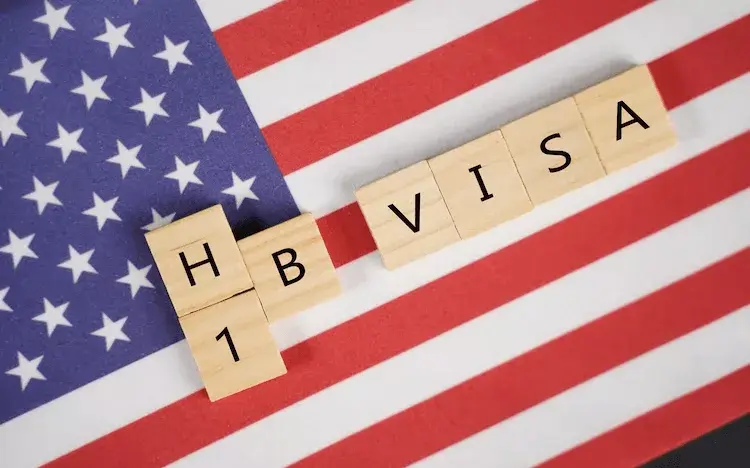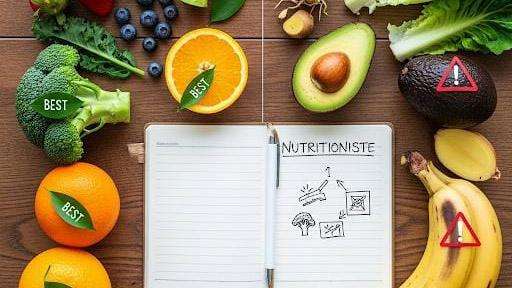Despite the ongoing recession, inflation, and financial crisis in Britain, the demand for halal food is growing rapidly. Conscious buyers are not satisfied with just halal in name. They want to verify whether the food is actually halal. Every year, before Ramadan and during Eid al-Adha, allegations of fraud in the name of halal meat are heard in Britain. Fraud is taking advantage of the huge demand and people's trust. In order to overcome this situation and ensure halal everywhere, there is a long-standing demand for surveillance in this sector.In Muslim dietary regulations, the term "halal" literally refers to items that Muslims are allowed to consume. However, halal goes beyond just making sure that food is free of pork. Gelatine, collagen, enzymes, flavor enhancers, preservatives, thickeners, stabilizers, genetically engineered food, and other types are also included. Wholesomeness is what halal refers to, and it restricts consumption of foods that can be unhealthy or of low quality. Suppliers, retailers, and restaurants are reevaluating their supply chains to guarantee confidence in halal standards from farm to fork in response to the growing demand and awareness for halal food. At this point, increased food traceability becomes essential. Businesses can reduce risks by tracing the source of the items they sell thanks to food traceability.
However, consumers' faith in halal cuisine is brittle; as they say, "once broken, considered sold." Given the possibility of deceptive advertising or food fraud, consumers are no longer content to take certified halal food products at face value. In order to increase access to raw materials, guarantee the safety, quality, and integrity of halal food, and develop the requisite skills to foster trust in this booming global market, clever tactics are required.
While the risk of food fraud in the UK remains low, there are signs that geopolitical events causing disruptions in the food chain may have contributed to a "changing threat" of food crime.
That is the conclusion of a just-published report from the Food Standard Agency (FSA) and Food Standard Scotland (FSS) – called Food Crime Strategic Assessment 2024 (PDF) – which highlights food fraud trends and lays out the priorities to respond to this type of criminal activity.
Since the Covid epidemic and the cost-of-living crisis, halal consumers' purchase patterns and behaviors have evolved, according to recent AHDB study. In terms of volume, we estimate that Muslims account for 30% of lamb sales, although making up only about 6.5 percent of the UK population. Gaining better knowledge about the halal industry and its regulations could be advantageous for farmers.Lamb consumption has steadily decreased over the past 20 years in the UK as a whole. The reason for this is that it is more expensive than other proteins, like chicken. But lamb continues to be a major source of protein for Muslims.According to estimates from the AHDB and NIQ, Muslims in the UK spent £4.64 billion on halal food and drinks in 2016. Lamb and mutton consumption is very important to halal consumers: 80% consume lamb weekly and 64% consume mutton weekly, compared with only 6% of the general UK population eating lamb.
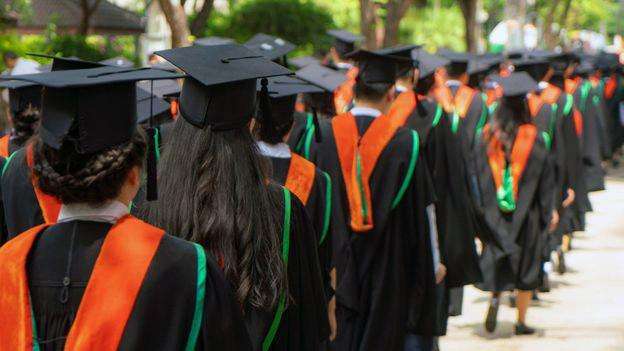



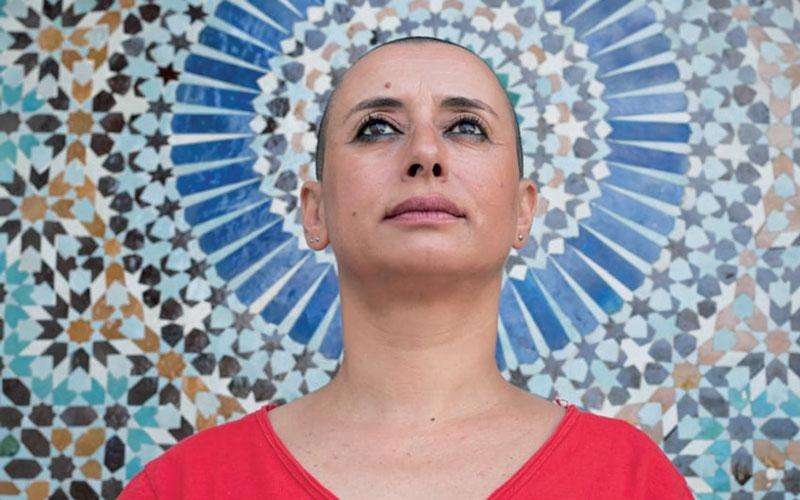


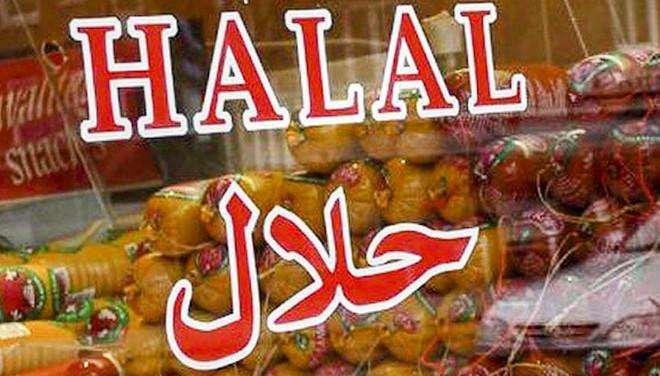
.svg)


